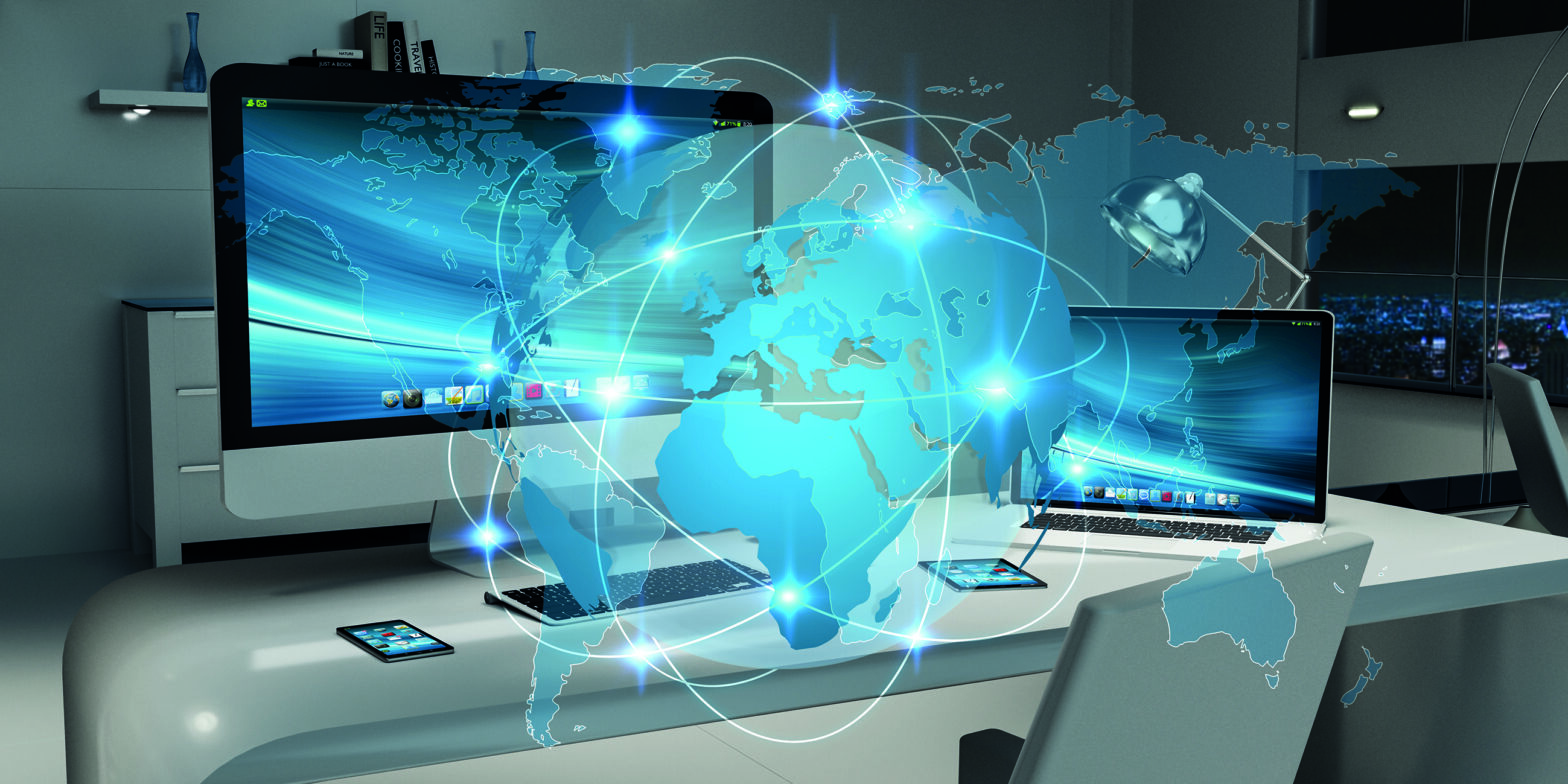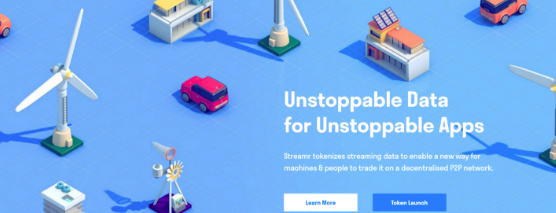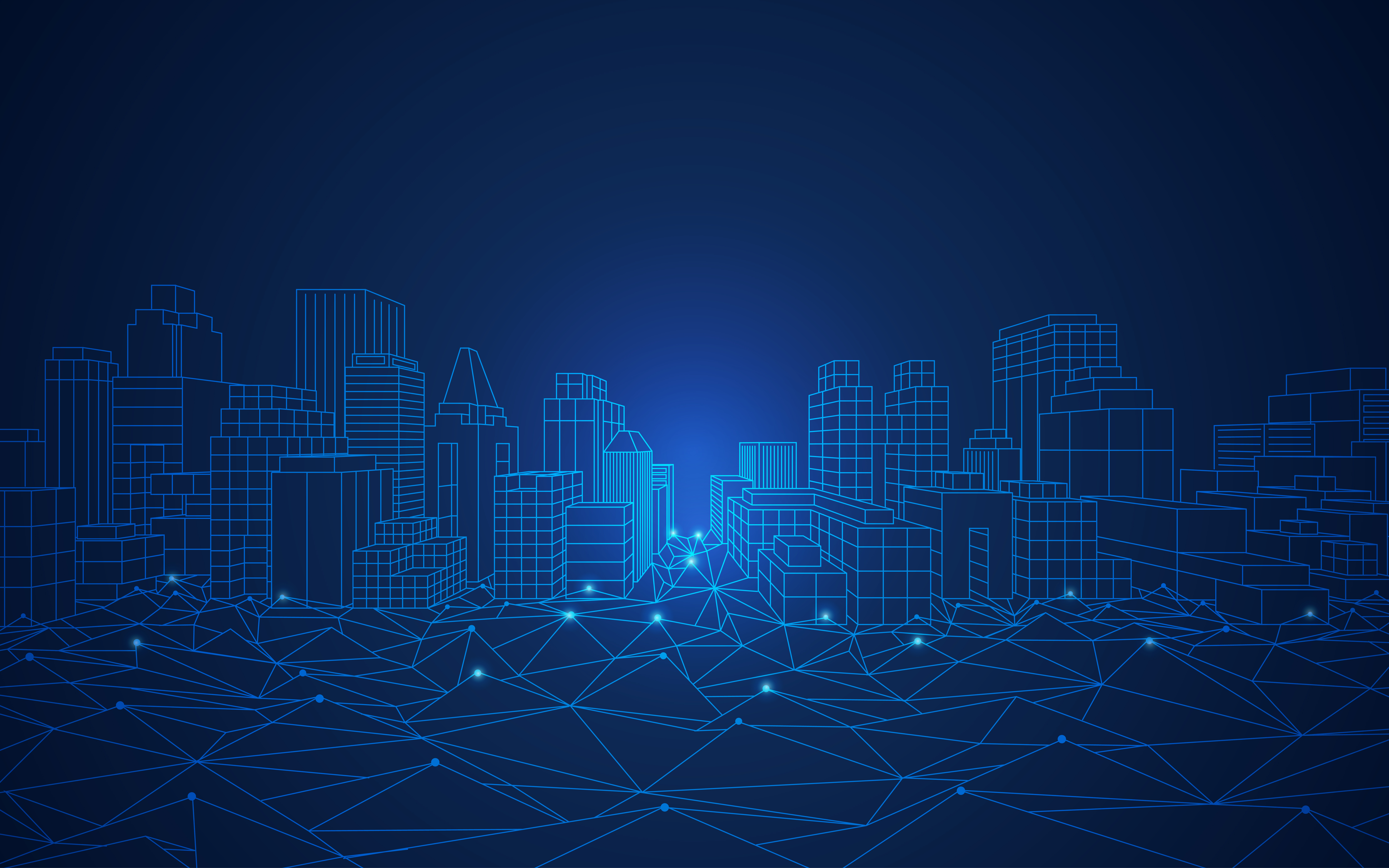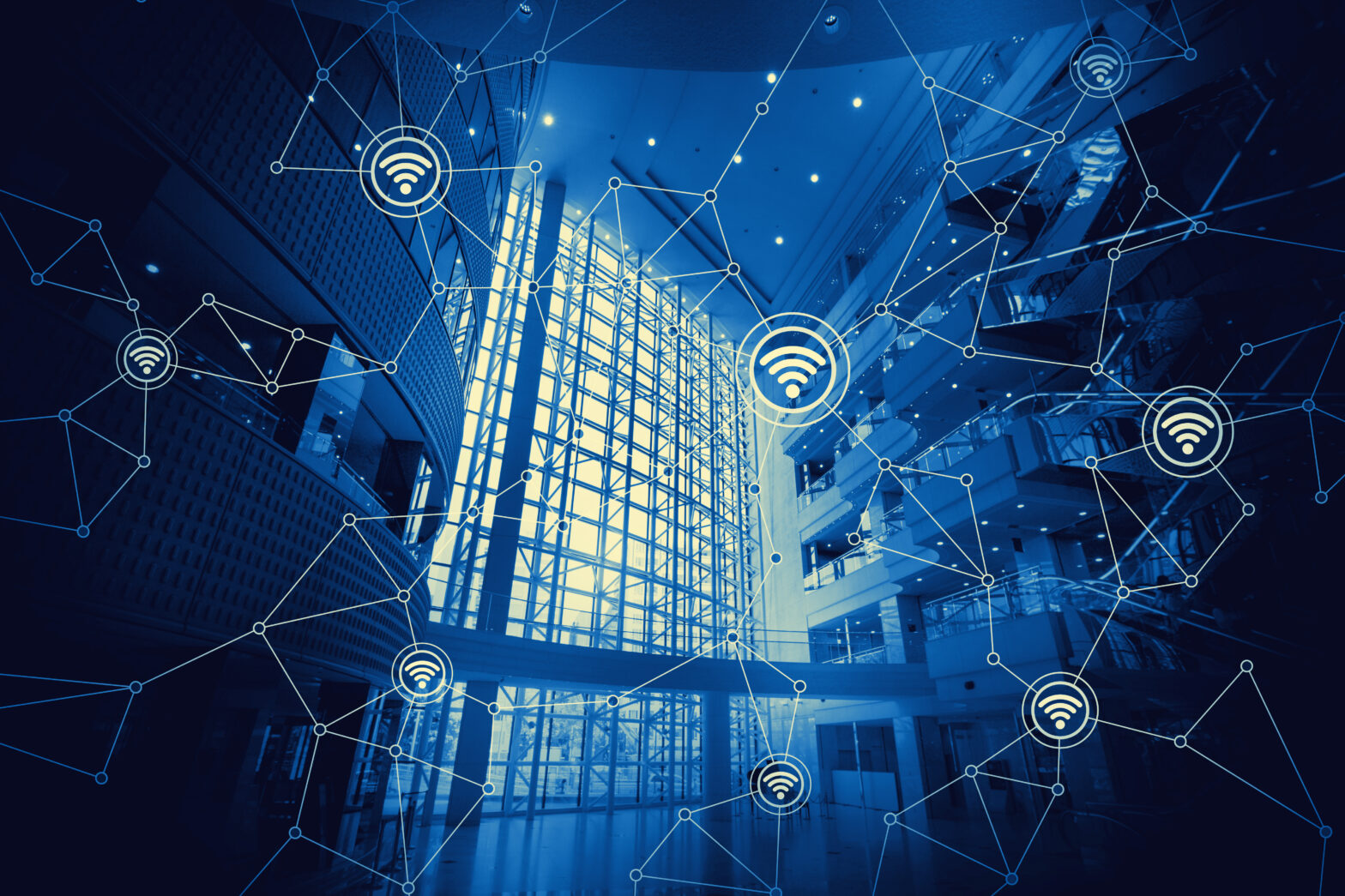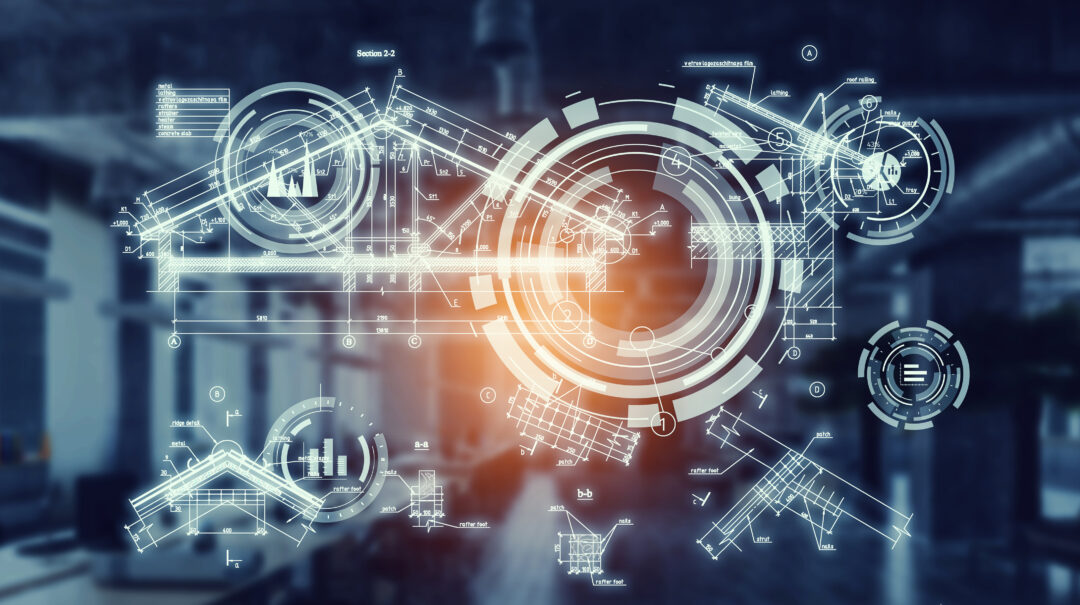A summer 2016 Business Insider study revealed some incredible information about the “internet of things” (IoT). According to the report “there will be 34 billion devices connected to the internet by 2020, up from 10 billion in 2015.” Of these 34 billion devices, 24 billion of them will be IoT devices as opposed to traditional computing devices like smartphones and tablets.
In a nutshell, the internet of things is the concept of connecting devices with on / off switches to the internet, as well as to other IoT devices. This concept has already had a profound impact on the way machines communicate with other machines, as well as how machines communicate with humans.
It comes as no surprise that the internet of things thrives on data. “Smart devices”, which can to an extent interact and operate autonomously, need data inflows and outflows to operate correctly.
Take for example a smartphone like an iPhone or Android. Without an incoming data stream (from wifi, a network, or a bluetooth connection), a smartphone is simply a pocket-sized storage device. Without a network or cellular connection, a smartphone is neither smart nor a phone.
The question then becomes, “who controls IoT data?” This isn’t easy to answer. In one sense, it should belong to the individuals who own smart devices. On the other hand, it makes sense for the corporations who manufacture and distribute the devices to own the data. Blockchain technology offers a solution to these conundrums.
One company in particular, Streamr, has pioneered a blockchain based peer-to-peer network where data inflows and outflows are managed by individual entities. The decentralized marketplace promotes data transference between willing parties, cutting out the middleman and therefore operating in a more free market manner. Streamr’s platform, as it grows in size, will shake up the IoT scene.
Decentralisation and IoT
As discussed earlier, the internet of things thrives on data. Data is transferred from one party to another, usually from a device or product back to the manufacturer. For example, a smartphone will gather data about a user, the phone itself (processing power, battery life, etc.), and even its surroundings. This data will be relayed back to the manufacturer to gather information about product improvement as well as future marketing strategies.
With Streamr’s decentralized platform, end users are in control of their own data. By using the platform, they can upload data streams to the network for others to use. Take the smartphone example above. Streamr allows an individual, through blockchain technology, to upload traffic information or weather conditions for free or for a price. They have the choice to protect or reveal their personal information.
These data streams can be picked up by smart cars that need this information to run, or by companies who are interested in creating marketing strategies based upon the data. The difference is that users are able to upload their own data on their own initiative, and make a profit if they choose.
The impact on IoT is astounding. Not only does Streamr put the power back in the hands of individual entities rather than corporations, it also creates a fairly priced marketplace where valuable data can be bought and sold. Platform participants use what are called DATAcoin tokens to purchase and sell data streams, and autonomous machines are able to participate in the marketplace as well.
Streamr’s platform includes a proprietary engine that aggregates, filters, and combines data to extract pertinent information. The data engine, via its connection with the platform and IoT devices, can process high volumes of information and even write to other blockchains.
The engine is the key connection between IoT and data processing–it allows the data IoT devices produce to be accessed by all interested parties through the decentralized marketplace, rather than large corporations monopolizing the information.
Streamr’s IoT changing platform in action
As society begins to embrace electric cars as the future of personal transportation, it’s appropriate to examine how Streamr could impact their operations, particularly as it relates to IoT and data processing.
An electric car connected with Streamr’s platform will have access to all the data available on the platform. This includes important metrics like traffic and road conditions, weather forecasts, and even driver tendencies for a given area. In order to pay for this data, the electric car, as a smart machine, can sell its own metrics and measurements on the platform–things like treadwear, engine performance, and steering calibrations.
Various parties can subscribe to the electric car’s IoT data stream, while the car itself can subscribe to the data streams it needs to function properly. Streamr’s platform provides a way for IoT data to be exchanged fairly and transparently so all parties benefit.


